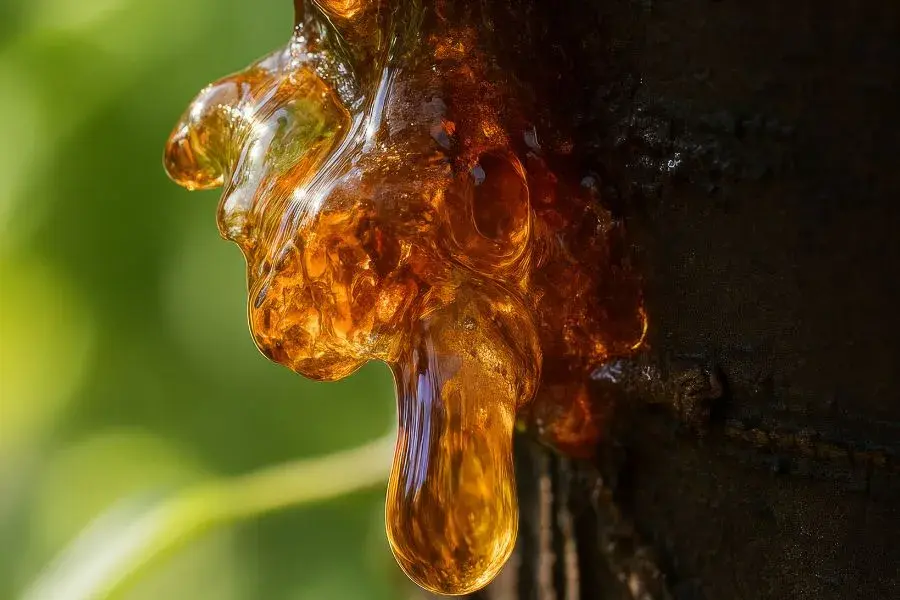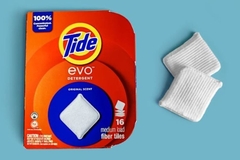Clariant discusses ethical Copaíba oil supply chains safeguarding Amazon biodiversity
Key takeaways
- Clariant sources Copaíba oil through ethical partnerships with Amazonian communities.
- Sustainable “drilling and tapping” methods protect trees and ensure long-term yields.
- Fair trade pricing, traceability, and certifications support biodiversity and local livelihoods.

Through its Beraca division, Clariant is sourcing Copaíba oil from the Amazon via agro-extractivist partnerships, ensuring the oil is harvested sustainably without harming the forest and its biodiversity.
Beraca is a Brazilian company specializing in sourcing natural and organic ingredients from the Amazon and other Brazilian biomes. In 2021, Clariant acquired most of Beraca’s Health and Personal Care business, integrating it into its Care Chemicals division.
Personal Care Insights speaks with Larissa Assugeni, global marketing specialist for Brazilian Biodiversity at Beraca, about Copaíba oil’s role in personal care formulation, and how Clariant ensures its supply chain remains ethical and environmentally sustainable.
“Copaíba oil’s efficacy in cosmetics comes from its unique chemical composition. It contains beta-caryophyllene, a powerful compound that reduces skin irritation and redness, while also promoting well-being to the skin,” Assugeni says.
She explains that, as a natural alternative to synthetic ingredients, Copaíba oil appeals to the growing clean beauty movement. It has a lightweight texture for absorption and is versatile for various formulations.
“The combination of efficacy and ethical sourcing makes Copaíba oil particularly appealing to conscious consumers seeking products that deliver results while supporting sustainable practices.”
Protective extraction
The ways of harvesting Copaíba oil have changed over time, partially influenced by local Amazonian communities that have helped shape new sustainable methods.
 Clariant ensures traceability from tree to final product.Assugeni explains that extracting Copaiba oil usually involves axes that damage the trees and threaten their long-term yields.
Clariant ensures traceability from tree to final product.Assugeni explains that extracting Copaiba oil usually involves axes that damage the trees and threaten their long-term yields.
“Modern methods now use a ‘drilling and tapping’ technique, where small holes are carefully drilled into the trunk, allowing oil to flow without harming the tree,” she says.
After extracting the resin, the holes are carefully sealed with branches to preserve the resin within the tree and prevent predators from entering the trunks.
“Through good management practices, the trees are safeguarded, ensuring their continued health and sustained resin production for years to come. Rotation systems were also developed to prevent over-harvesting and establish sustainable management plans for forest areas.”
Eliminating barriers to ethics
According to Assugeni, key ethical issues in Copaíba oil sourcing include a fair price for local harvesters, environmental impact concerns, equitable distribution of benefits, traceability challenges in remote areas, and risks of over-harvesting due to increasing global demand.
Personal Care Insights recently covered how agro-extractivists in the Amazon region are often exploited for their work, as middlemen offer “minimal compensation.”
“Beraca addresses these concerns through direct partnerships with local communities and cooperatives, implementing fair trade pricing models,” Assugeni explains.
The Beraca team employs traceability methods that track oil from the tree to the final product. Their approach includes periodic visits to ensure all the suppliers’ guide rules are followed.
Assugeni says Beraca also builds capacity for sustainable harvesting, transparent reporting, and long-term contracts that provide income security.
“Additionally, Beraca supports Copaíba supply chains that are certified organic, reinforcing environmental protection and adding an extra layer of transparency and sustainability to its sourcing model. These certifications help ensure compliance with strict ecological and social criteria while offering greater value to the communities involved.” Beraca empowers agro-extractivists in the Amazon.
Beraca empowers agro-extractivists in the Amazon.
Building sustainable supplies
Copaíba oil exemplifies how commercial demand can support conservation efforts. Assugeni believes that sustainable harvesting makes trees more valuable standing than cut down, creating economic incentives for forest conservation.
“Beauty brands’ sustainability commitments drive positive change throughout supply chains. Copaíba demonstrates that when properly managed, commercial interests can align with conservation goals, benefiting both the environment and local economies.”
She says the most effective approaches to building sustainable supply chains for natural ingredients recognize that environmental protection and community prosperity are interconnected goals.
“When pursued together, these goals create resilient supply chains benefiting all stakeholders.”
Personal Care Insights previously spoke to the Global Shea Alliance (GSA) about how women shea processors must be seen as people, not just commodities.
“The women who produce shea are not beneficiaries. They are leaders in restoration, enterprise, and community development. It’s time they were recognized and supported as such,” Aaron Adu, managing director of the GSA, told us.
We also recently discussed the challenges in sourcing fair trade ingredients from a tumultuous region with Lush.













